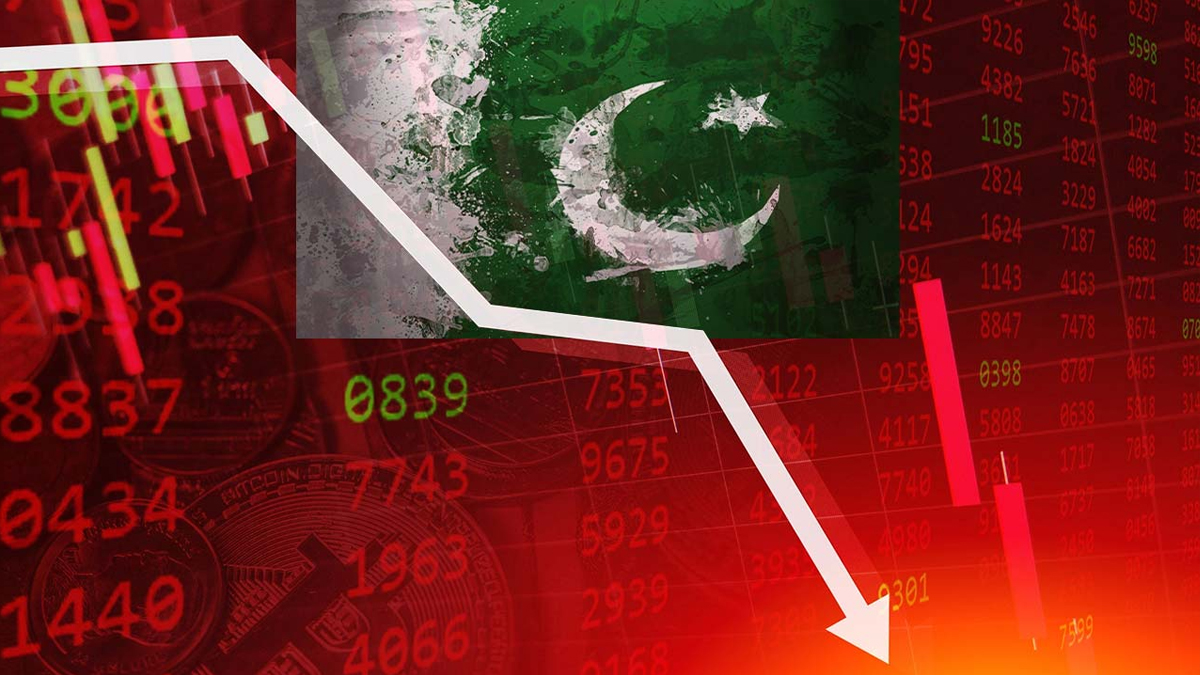
Default Averted
Aisha Ghaus Pasha, the minister of state for finance and revenue, gave the nation assurance on Friday that there was no threat of default despite claims by the former prime minister Imran Khan that default was staring Pakistan in the face and reports about a delay in formal talks with the IMF on the ninth review of the $7 billion loan programme.
When Pakistan Peoples Party (PPP) member Mussarat Rafiq Mahesar asked the minister directly, “If Pakistan is going to default?” the minister gave the assurance in the National Assembly.
‘No Possibility of Default’
“Thank God, there is no possibility of such, Alhamdulillah. Yes, we were concerned when we took over the administration [in April] because the IMF programme was on hold and we had no other options for obtaining funding at the moment, the minister admitted.
She asserted that the renewal of the IMF programme and the government’s “extremely difficult measures” had significantly improved the situation.
Due to the suspension of the IMF programme, Ms. Pasha stated that it was a proven truth that the country in the past was unable to borrow money from other multilateral and bilateral organisations, as well as the commercial market, to pay its foreign demands.
‘IMF loans & FDI improving’
However, she emphasised that there was no immediate risk of Pakistan defaulting following the positive seventh and eighth evaluations of the IMF programme. She asserted that instead, exports had increased, remittances from abroad were arriving, and foreign direct investment was improving.
According to the minister, Pakistan is now committed to the IMF’s programme and on its track.
Read More | Imran Says he doesn’t doubt any COAS
In answer to a different inquiry, Ms. Pasha informed the house that the estimated undocumented portion of Pakistan’s GDP is currently 50%. However, citing various research reports, she claimed that 35.6 percent of Pakistan’s economy was considered to be unofficial.
She asserted that the World Bank estimated that the informal sector accounted for one-third of the nation’s GDP (Gross Domestic Product).
She stated that attempts were being made to increase the size of the formal sector and added that this goal might be best achieved with a well-structured taxation policy and efficient implementation of it. In an endeavour to raise as much money as possible to build facilities for taxpayers, the government was putting in all of its effort to improve the tax collection system.
Every Pakistani needs to have a civic consciousness, the minister emphasised, so that they may honestly pay their taxes.
She bemoaned Pakistan’s tax-to-GDP ratio, which was barely 9 percent and was thought to be one of the lowest in the world.



